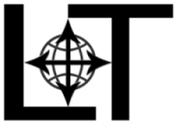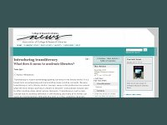-
About
- About Listly
- Community & Support
- Howto
- Chrome Extension
- Bookmarklet
- WordPress Plugin
- Listly Premium
- Privacy
- Terms
- DMCA Copyright
- © 2010-2024 Boomy Labs

 Andrea Carver
Andrea Carver
Listly by Andrea Carver




When people think of libraries, they often picture some sort of book warehouse. How can these things exist in a world inundated with digital books? Join Deblina from Stuff You Missed in History Class as she explores how libraries may evolve in the future. http://howstuffworks.com http://itunes.apple.com/us/podcast/stuff-from-the-future


